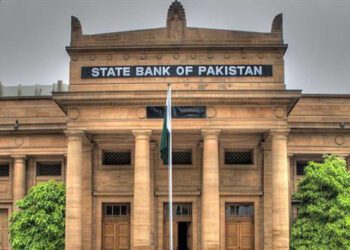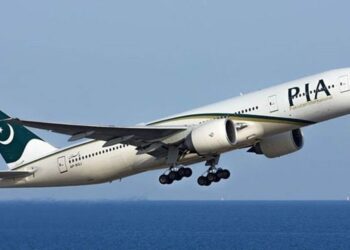The federal government is considering a significant overhaul of its automobile import policy, with a proposal to allow the import of used vehicles up to five years old — a move driven largely by recommendations from the International Monetary Fund (IMF) as part of broader economic reform measures.
According to Nukta, the proposed policy would standardize the age limit for all categories of imported used vehicles at five years. Currently, the general limit is three years, while five-year-old imports are permitted only for certain SUVs under specific schemes.
If approved, the revised policy could be included in the forthcoming federal budget. The objective is to liberalize the auto market, enhance consumer choice, and stimulate competition — key components of the IMF’s reform agenda tied to its ongoing financial assistance program for Pakistan.
As part of these reforms, the IMF has urged Islamabad to roll back regulatory duties and gradually reduce tariffs on completely built-up (CBU) imported vehicles to below 10 percent.
The lender wants all auto-sector tariffs brought down to single digits over the next five years, arguing that existing protectionist policies have hampered competition and limited access to affordable, quality vehicles for consumers.
In addition to the auto sector, the IMF is advocating for reduced import tariffs on capital goods, a move that could have wider implications for industrial sectors reliant on machinery and equipment imports.
However, the proposed policy changes are being approached with caution by government officials. Relaxing import restrictions could trigger a spike in vehicle imports — a potential strain on Pakistan’s foreign exchange reserves and already fragile balance of payments.
There are also fears of negative fallout for domestic auto manufacturers, who are already grappling with declining demand, high interest rates, and reduced production volumes.
While local industry stakeholders are likely to push back against reforms that could erode their market dominance, some policymakers believe increased competition could compel domestic automakers to improve quality and offer better prices — ultimately benefiting Pakistani consumers.
The proposed auto sector liberalization is among several structural reforms being negotiated as part of Pakistan’s upcoming financial agreement with the IMF.

































